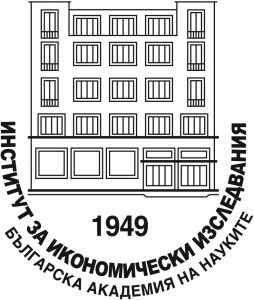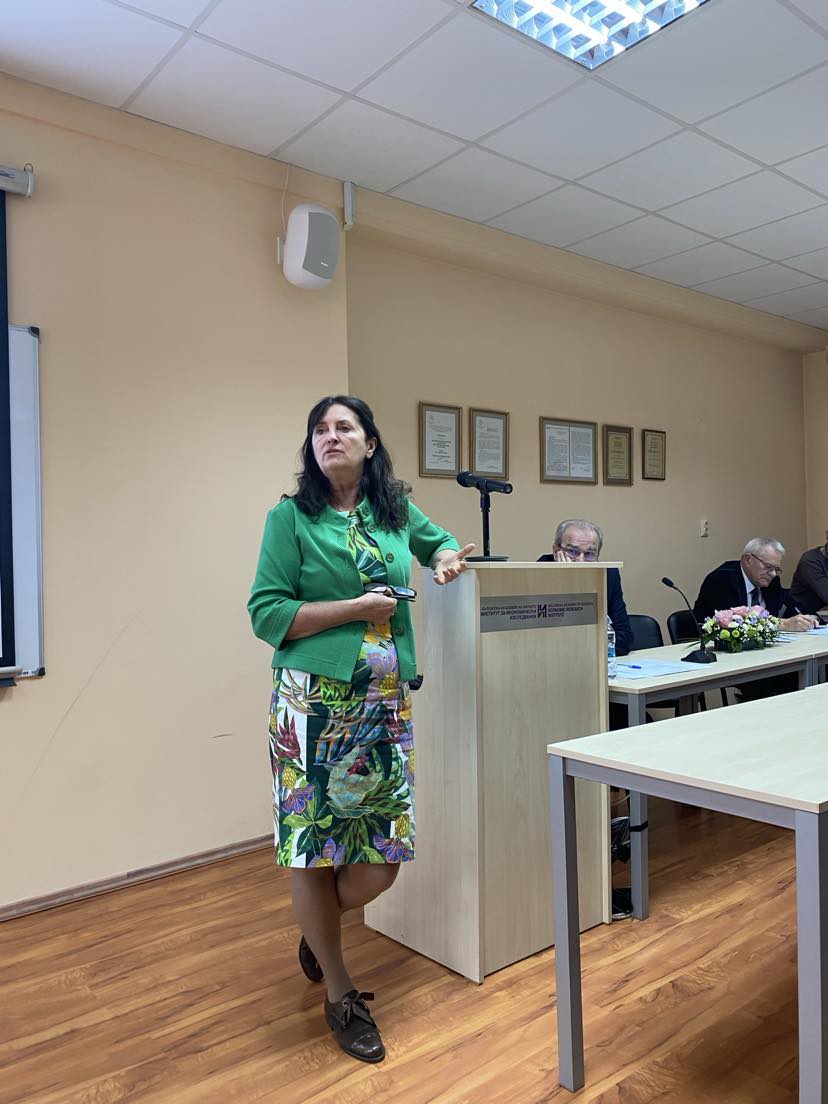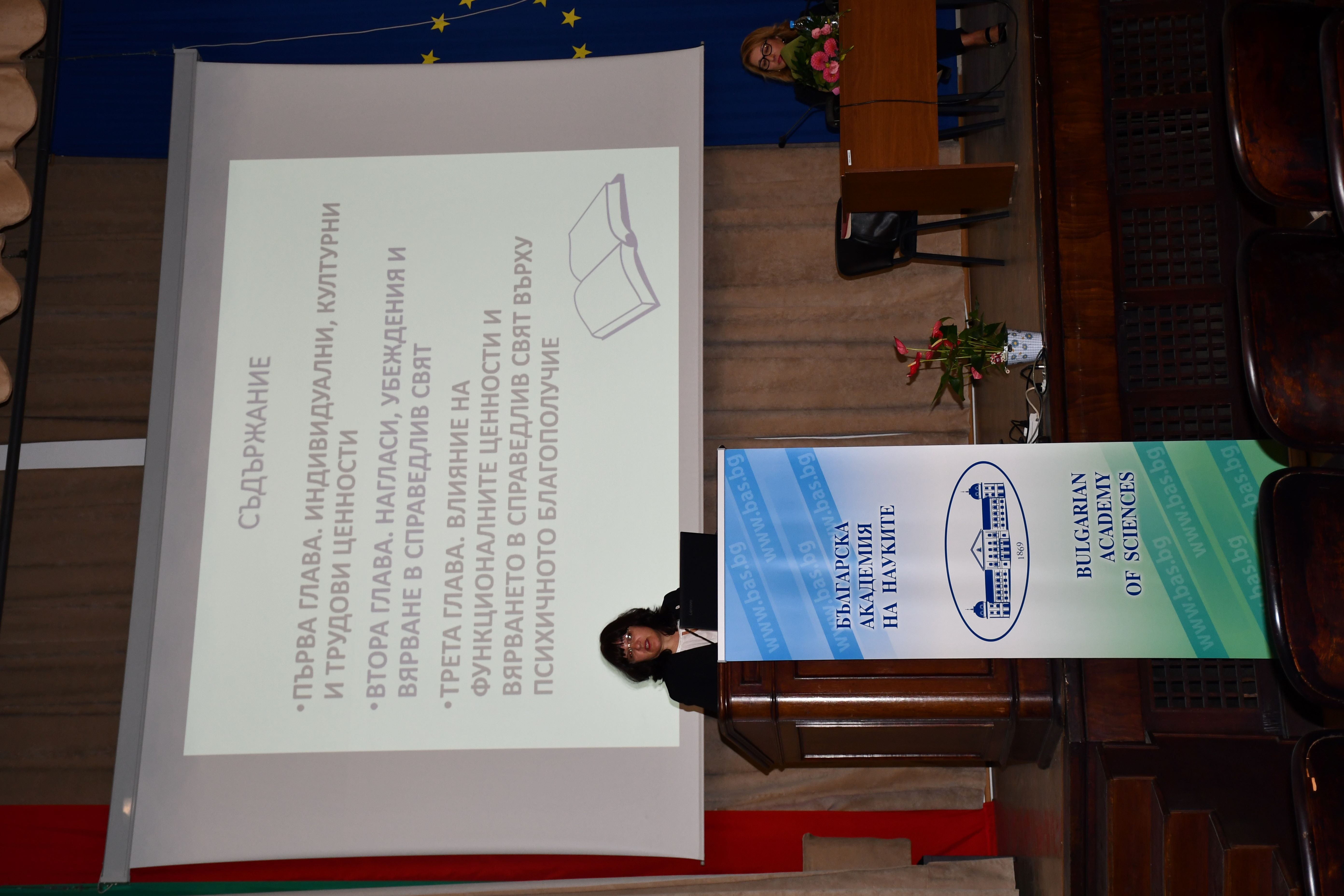A higher inflation rate compared to the average for the EU member states and a low probability of meeting the Maastricht inflation criterion, on which our accession to the euro area by 2025 depends, predict the researchers from the Economic Research Institute at the Bulgarian Academy of Sciences. Mainly, the reasons for this are caused by external factors – high energy prices and the military conflict in Ukraine but we should not exclude some controversial decisions in the field of economic policy, such as the implementation of measures that do not take into account the real financial capabilities of the country, lack of political consensus on important issues for the country, etc.
This is stated in the macroeconomic forecast of the economists of BAS for the period 2023-2025, based on assumptions of the economic development in terms of international prices and external demand, as well as on the parameters of the economic policy outlined in the medium-term budget forecast for the same period.
Higher inflation than usual in recent years and the stated aspiration for fiscal consolidation in the country will negatively affect the purchasing power of households, which will also lead to relatively weaker consumption growth, the researchers believe. According to them, a recovery in domestic demand is expected only in the second half of the forecast period because of the combination of a real increase in incomes and a reduction in inflationary pressures. If there is no new shock to energy prices, the economy will enter a period of disinflation but the process will be rather slow.
The contribution of external demand to economic growth will remain negative for the whole forecast period, the forecast says. Given the unfavourable external and domestic economic environment, real GDP growth will decline to around 1.7% in 2023. In 2024, GDP is expected to exceed BGN 200 billion in nominal terms due to high inflation in the last two years.
The forecast in the medium term is for economic growth in the range of 3.0-3.5% per year, with the increase in investment to be determined mainly by the progress of the programme period and the desire for accelerated absorption of EU funds in Bulgaria, especially under the National Recovery and Resilience Plan.
Serious uncertainties also exist regarding the labour market, the scholars believe. According to them, no noticeable increase in unemployment is expected, despite the rise in wages in recent months. This is largely explained by the deteriorating demographic situation in the country and not so much by economic activity which is why the labour market situation is unsustainable.
The budget deficit will be highly dependent on the political situation, the economists’ macroeconomic forecast says. For the scientists, fiscal consolidation and the fulfilment of the Maastricht criterion for the budget deficit will be possible only if political stability is achieved.
The continuation of the adopted compensation mechanisms and the attitudes for further increases in the minimum wage and pensions will not allow the economy to achieve a balanced budget for the entire forecast period, the economists of BAS believe. Their forecast is that public debt is likely to reach levels of around 30% of GDP at the end of the period but this is unlikely to have a significant impact on economic activity and inflation.
The macroeconomic forecast for 2023-2025 is part of the Annual Report of the ERI at BAS for 2023 to be published.
More information at: https://www.iki.bas.bg/news/makroikonomicheskata-prognoza-za-2023-2025-g-na-iii-pri-ban






